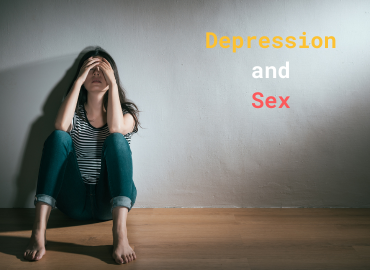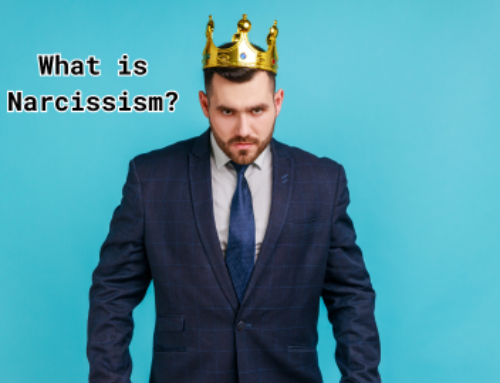Depression and Sex
Sexuality is deeply personal to each of us. It’s complicated. It can be wonderful, terrible, confusing, evolving, and so on. Sex is a vulnerable area. So is mental health. One’s sexuality and one’s mental health influence each other back and forth in positive and negative ways.
Anyone can experience sexual dysfunction of some kind. Examples of sexual dysfunction include:
− Anorgasmia
− Erectile dysfunction
− Vulvodynia
− Vaginismus
− Premature ejaculation
− Inhibited/delayed ejaculation
Depression contributes to sexual dysfunction in millions of people every day. Some experts posit that it could be as many as half of those suffering from insufficiently treated depression.
Like our mood, our libido is closely connected to the movement of neurotransmitters in the brain. Dopamine is known as “the happy hormone” and “Dr. Feelgood” for its role in our brains’ interpretations of pleasure and reward. Oxytocin is produced in high amounts during bonding activities and contributes much to our social dynamics. Norepinephrine is a major excitatory neurotransmitter, producing and maintaining aroused states of mind and body. When depression is throwing off the balance of neurotransmitters, it follows that one’s sexual expression can become imbalanced too.
Common symptoms of depression include:
− Desire to withdraw
− Anxiety
− Guilt
− Lack of energy
− Brain fog
− Lack of confidence
− Body aches
Suffering from these issues does not make for a pleasant evening and is highly unlikely to result in a stable, satisfying sex life for all involved. Anxiety can contribute to a lack of confidence when it comes to initiating sex or pursuing one’s desires. Fatigue tends to lower interest in sexual activity altogether. Experiencing sexual dysfunction can be distressing and tends to carry societal stigma, which only exacerbates the feelings of stress and guilt.
Other factors connected to depression and sexual dysfunction are:
− Chronic illness
− Chronic stress
− Gender dysphoria
− Medication side effects
− Physical trauma
− Psychological trauma
− Aging
Advocating for one’s mental health in conjunction with one’s sexual health takes a lot of courage. Partners can be helpful by encouraging the sufferer to open up about their needs to them and their doctor and/or therapist. Showing patience and open-mindedness goes a long way toward helping someone achieve a better quality of sex life.
If you are experiencing sexual dysfunction, we recommend journaling about your experiences, feelings, and surrounding circumstances. Then, take this data to your general physician. They may order a physical examination and will have recommendations for further care, which may include treatment from a therapist and/or psychiatrist.
To ask questions or schedule an appointment, contact us on our website or call us at (585) 442-6960.




